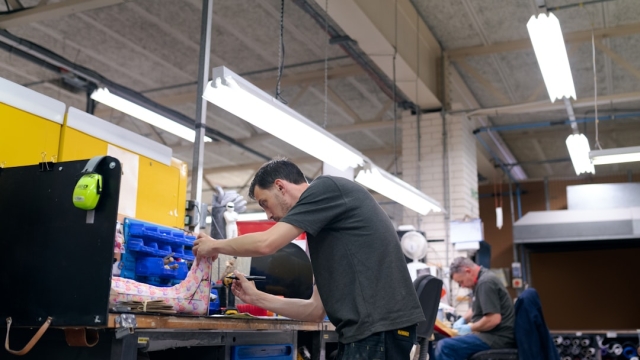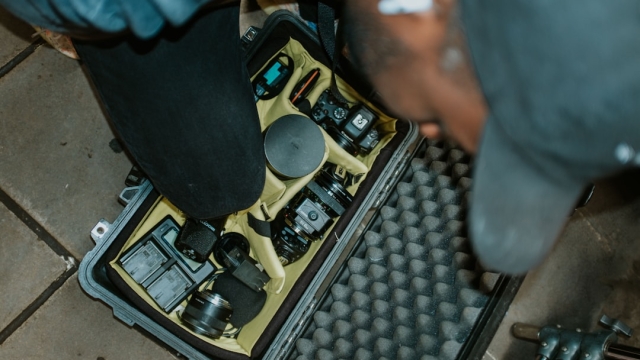
Overview of Juice Processing Machinery Types and Functions
In the vibrant world of beverage production, juice has carved out a significant niche, appealing to consumers with its refreshing taste and health benefits. The backbone of this industry is the equipment that processes the raw ingredients into finished products. juice processing machinery plays a crucial role in ensuring efficiency, quality, and consistency in juice production. Understanding the types, specifications, and suppliers of this machinery can empower businesses to make informed decisions when investing in their production capabilities.
Overview of Juice Processing Machinery: Types and Functions
Juice processing machinery encompasses a wide range of equipment designed to transform fresh fruits and vegetables into delicious juices. The primary types of machinery include:
1. Juice Extractors
Juice extractors are specialized machines that separate juice from pulp. They come in various designs, including centrifugal, masticating, and hydraulic extractors. Each type has its benefits; for instance, centrifugal extractors are known for their speed, while masticating machines retain more nutrients and are ideal for leafy greens.
2. Pasteurizers
Pasteurizers are essential for ensuring the safety and longevity of juice products. They heat the juice to a specific temperature for a set period, effectively eliminating harmful microorganisms without compromising flavor. High-temperature short-time (HTST) pasteurizers are commonly used in the industry for their efficiency.
3. Homogenizers
Homogenizers play a vital role in achieving a consistent texture and mouthfeel. By breaking down fat globules and other particulates, homogenizers ensure that juice remains stable and visually appealing. This process is particularly important for juices that contain pulp or added ingredients.
4. Filling Machines
Once the juice is processed, filling machines are necessary for packaging. These machines can handle various container types, including bottles, cartons, and pouches. They are designed for accuracy and speed, reducing waste and ensuring that each container is filled to the correct volume.
Key Specifications and Features to Consider
When evaluating juice processing machinery, several specifications and features are critical to consider:
1. Production Capacity
The production capacity of machinery is paramount, as it determines how much juice can be processed in a given time. Businesses should assess their production needs and choose equipment that aligns with their operational goals.
2. Energy Efficiency
Energy consumption directly impacts operating costs. Opting for energy-efficient machinery not only reduces expenses but also contributes to sustainability efforts, making it an essential consideration for modern juice producers.
3. Ease of Cleaning and Maintenance
Juice processing machinery must be easy to clean and maintain to ensure product safety and equipment longevity. Features like removable parts, automated cleaning systems, and durable materials can significantly enhance usability.
4. Flexibility and Versatility
Choosing machinery that can handle various types of fruits and vegetables, as well as adapt to different juice formulations, can provide businesses with the flexibility to explore new products and market trends.
Top Suppliers and Pricing Insights
Identifying reliable suppliers of juice processing machinery is key to ensuring quality and support. Some well-regarded manufacturers specialize in juice processing equipment, offering a range of options suited for small-scale operations to large industrial facilities. It’s advisable to research suppliers, read reviews, and request demonstrations or samples before making a purchase.
Pricing for juice processing machinery can vary widely based on the type, capacity, and features. Entry-level machines for small businesses may start at a lower price point, while industrial-grade equipment can be a significant investment. It is crucial to balance cost with quality and functionality, ensuring that the chosen machinery meets the operational demands of the business.
For those interested in exploring options further, there are comprehensive listings available that detail various juice filling machines and their specifications. This can provide valuable guidance in selecting the right equipment for specific needs.
In conclusion, understanding juice processing machinery is vital for any business looking to thrive in the juice industry. By considering the types of machinery available, key specifications, and reputable suppliers, producers can make informed decisions that enhance their production capabilities and ensure high-quality juice products.




